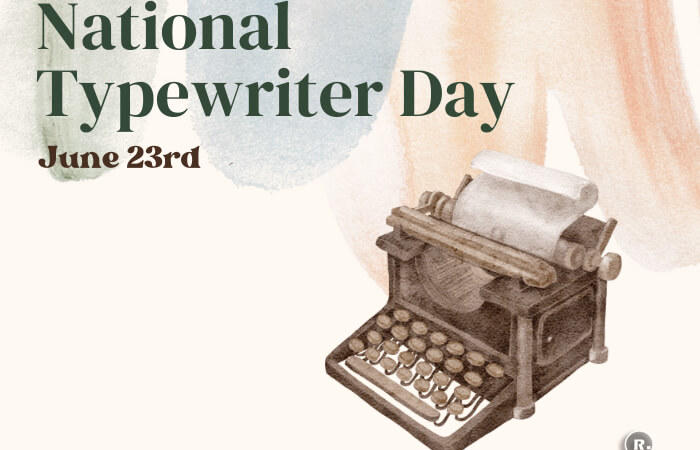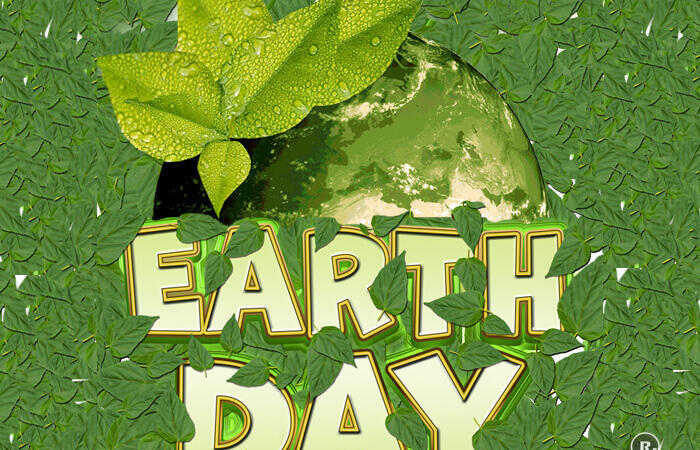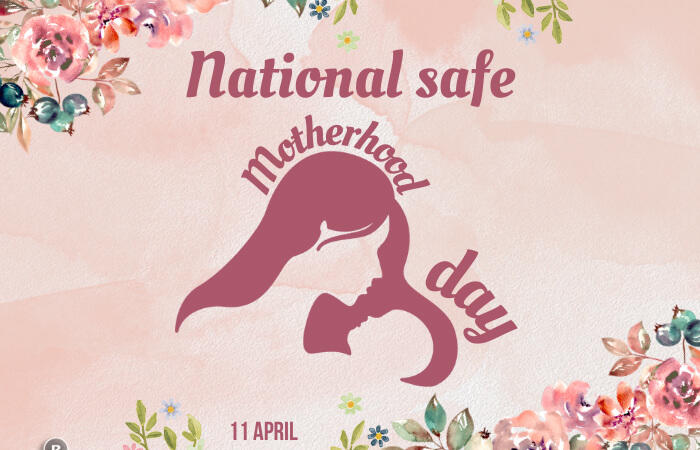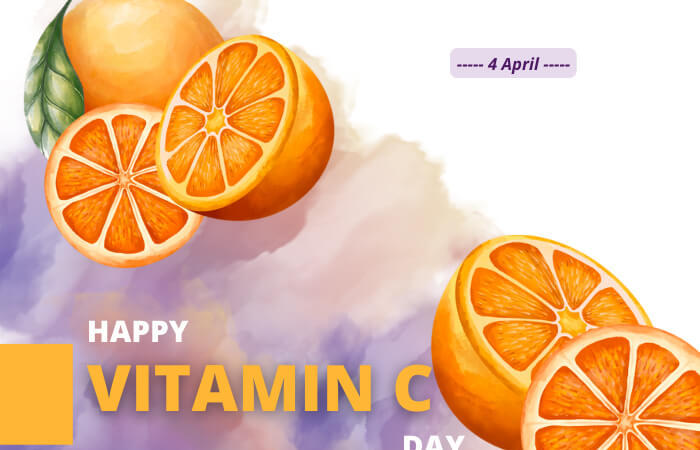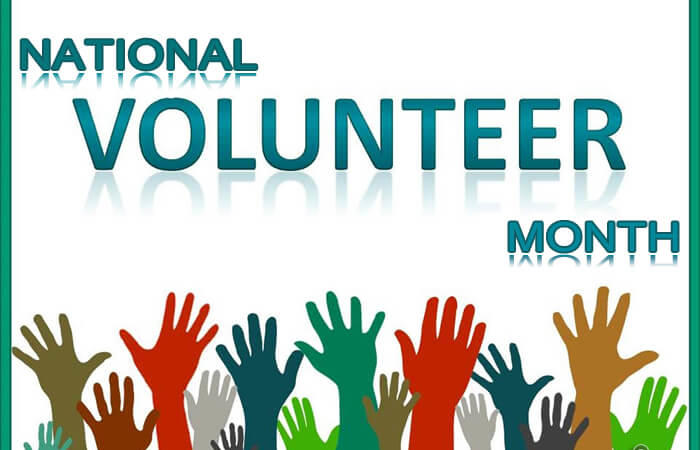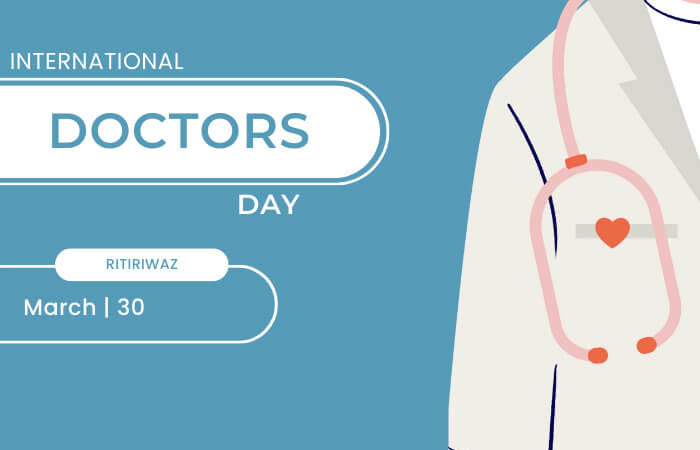International Day of Democracy
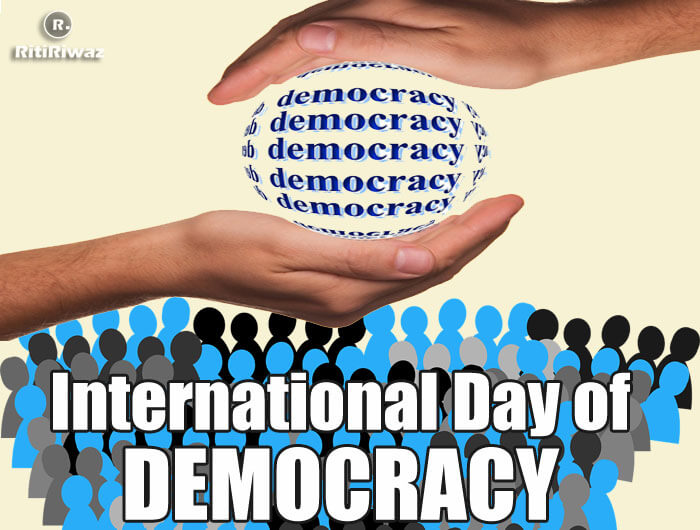
International Day of Democracy is celebrated on 15th September by United Nations(UN). This observance provides an opportunity for many nations to review the state of democracy in their own countries, and more broadly, globally.
History
In 2007 the United Nations General Assembly resolved to observe 15 September as the International Day of Democracy—with the purpose of promoting and upholding the principles of democracy. The UN invited all member states and organizations to commemorate the day in an appropriate manner that contributes to raising public awareness. 15th September 2008 marks the 20th anniversary of the First International Conference of the New or Restored Democracies.
International Day of Democracy 2024 theme
International Day of Democracy 2024 theme is ‘Navigating AI for Governance and Citizen Engagement‘. The COVID-19 crisis has resulted in major social, political, and legal challenges globally. It is important for the states around the world to continue to uphold the rule of law, protect and respect international standards and basic principles of legality, and the right to access justice, remedies, and due process.
It has also been teaching us a number of key lessons about how to construct more resilient societies – including the need for universal health coverage, and other social protection and environmental measures. COVID-19 has demonstrated that how vital it is to strengthen the foundations of democracy.
What is Democracy?
Abraham Lincoln said, “Democracy is a government of the people, by the people and for the people.” The term ‘democracy’ comes from the Greek word demokratia which means “rule of the people”. It was coined from two words: demos which means “people” and Kratos which refers to “power”. That is, in a democracy, the power rests with the people.
Democracy is a system of government in which the citizens exercise power directly or elect representatives from among themselves to form a governing body, such as a parliament. Can also be called the “rule of the majority”. The power of leaders can’t be inherited but it’s the people who elect their leaders. Representatives participate in elections and citizens vote and the one who got the most votes gets the power.
Democracy is a universally recognized principle that seeks to provide an environment for the protection and effective realization of human rights. The values of freedom, respect for human rights, and the principle of holding periodic and genuine elections by universal suffrage are essential elements of democracy. In turn, democracy provides the natural environment for the protection and effective realization of human rights.
Suggested Read: National Voters Day
India as a Celebrated Democracy
The World’s Largest Democracy, India is a democratic nation post-independence in 1947. Dr. Rajendra Prasad took oath as the first President of India at the Durbar Hall in Government House and this was followed by the Presidential drive along a five-mile route to the Irwin Stadium, where he unfurled the National Flag.
Democracy has perhaps been India’s greatest asset, the magic that has kept the country’s dizzying array of linguistic, ethnic, and religious groups together as a nation. The citizens of India are given the right to vote and elect their leaders irrespective of their caste, color, creed, religion, and gender. It has five democratic principles – sovereign, socialist, secular, democratic, and republic.
There have been free and fair periodic elections for all political offices from the panchayats to the President. There have been smooth transfers of political power from one political party or set of political parties to others, both at national and state levels on many occasions. The label of ‘world’s largest democracy’ has always been a source of strength, frequently garnering admiration and respect from members of the international community.
Suggested Read: Important Days In September

